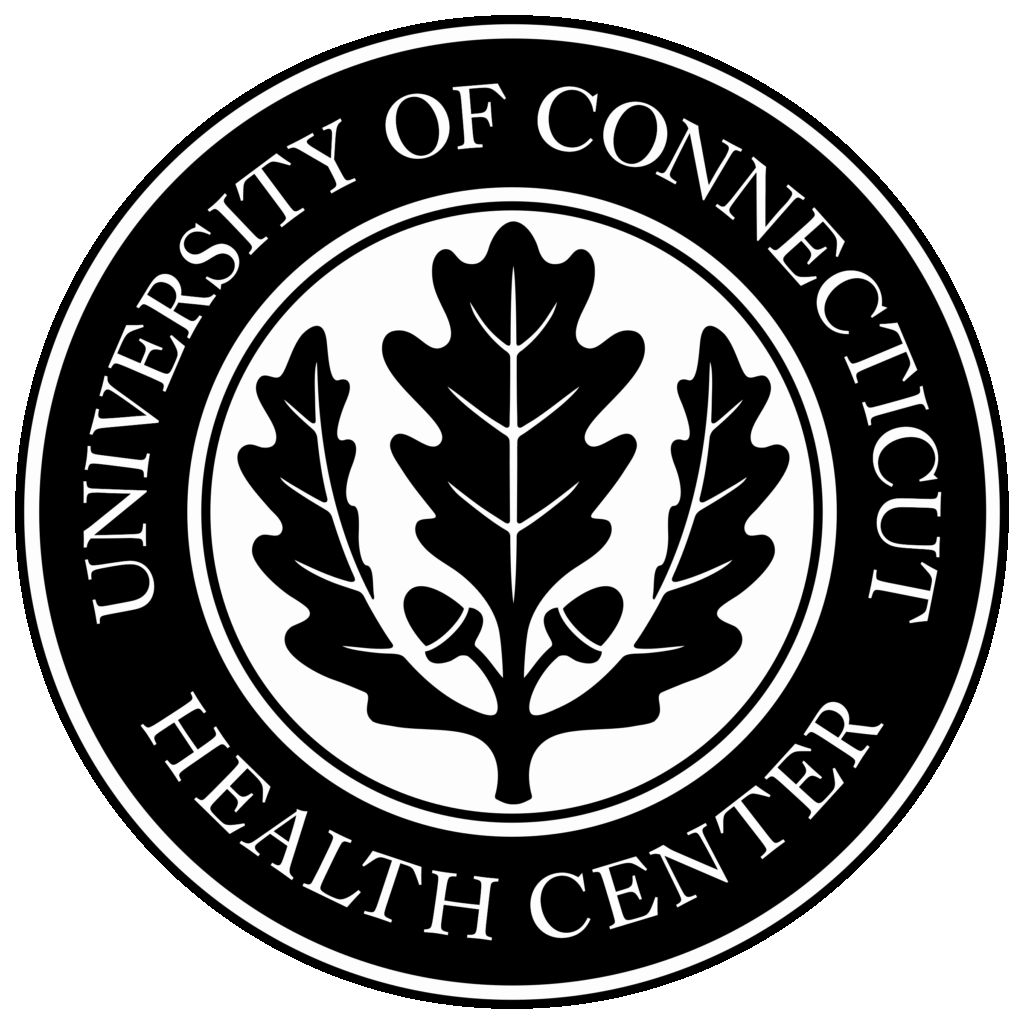WORKING PAPERS
This section highlights three core pillars of my research, reflecting my pursuits in environmental, energy, and public economics.

Risk of Safety and Price Tradeoff Using Airbnb Data
Empirical analysis of short-term rental (STR) markets in New York City to estimate the economic cost of violent crime and the Value of a Statistical Life (VSL), integrating urban crime data with spatial hedonic methods to inform public policy (Job Market Paper)

Electric Vehicle Policy and Energy Economics
Cross-national comparative research on EV adoption, infrastructure, and policy effectiveness, with insights linked to energy transition initiatives and global decarbonization frameworks

Interdisciplinary Research Collaborations on Energy and Public Economics
Cross-field academic collaboration with faculties in School of Social Work and Department of Geography with fellowship granted by Eversource
Working Paper Details
Each paper includes a title (click for manuscript) and abstract.
(joint with Jackson C. Somers and Charles Towe)
Using transaction-level short-term rental (STR) data from New York City, we link daily booking prices to recent street-level violent crime to quantify local economic costs and infer the Value of Statistical Life (VSL). One additional violent crime within 500 feet produces an annualized neighborhood revenue loss of $351. Mapping the same risk–price tradeoff to mortality risk yields a VSL of $4.3 million (2020 USD), with estimate range from $2.8–$9.4 million across alternative specifications. Our rich, high-frequency data provides a novel setting to estimate risk-price tradeoffs in perceived public safety.
This paper examines the uneven global transition to electric vehicles (EVs) by assembling a new dataset of 425 policy measures across 38 leading and emerging markets (2009–2024) and reclassifying them into three families—behavior-oriented, producer-oriented, and trade-focused—across ten subcategories. Drawing on cross-country country comparisons and in-depth case studies (Norway’sconsumerincentives; China’s supply-chain leapfrogging; barriers in India, Indonesia, and Brazil; and U.S. tariffs on Chinese EVs), we unpack how policy architecture and economic context jointly drive adoption. We then explore key economic channels—consumer incentives versus resale-value effects, infrastructure “chicken-or-egg” dynamics—and assess distributional impacts by policy type and country income group. Finally, we propose a toy model for phased, context-sensitive policy implementation. Our findings offer actionable guidance for designing equitable, high-impact EV strategies and highlight avenues for future empirical research into consumer-behavior mechanisms and policy effectiveness.
(joint with Marcello Graziano and Kathryn Parr)
The Blue Economy is an emerging economic paradigm at the intersection of sustainability and labor markets. Using Norway as a case study, this paper maps Blue Economy occupations—drawing on Norwegian and EU definitions—and examines their socio-demographic and spatial profiles with ONET and STYRK-08 labor data (2023–2024). Results show a predominantly male workforce with below-average tertiary education but higher wages, alongside heavy reliance on foreign-born labor. Employment is geographically dispersed across coastal regions rather than concentrated in major cities. These patterns pose challenges of gender imbalance, skills gaps, and external dependency, but also highlight opportunities for regional development. By linking policy-defined industries to workforce characteristics, this study advances understanding of labor dynamics in sustainability transitions and informs Blue Economy workforce and regional planning.
WORK IN PROGRESS
“Increasing Household Recycling Behavior and Spillovers” (joint with Jackson C. Somers)
“Quantifying the Economic Impact of Airbnb Across New York State” (joint with Charles Towes)
“Aligning Post-Secondary Education with Green Job Demands: A Geoeconomic Analysis of Connecticut’s Low-Carbon Transition” (joint with Marcello Graziano and Kathryn Parr)
Explore Leo’s Research Philosophy
I approache economic research with a goal of maximizing internal and external validity. I am mostly driven by curiosity to the world and the belief that data and models should clarify, not obscure — and that careful design matters as much as clever identification. In academic world, what kind of economic questions we can answer (even when data is not avaliable yet) is important; in applied world, what we stand for and what data we can use are more likely a starting point.
“Much of the literature is not worth reading.”
— Edward Leamer
“There are three kinds of lies: lies, damned lies, and statistics.”
— Popularized by Mark Twain




